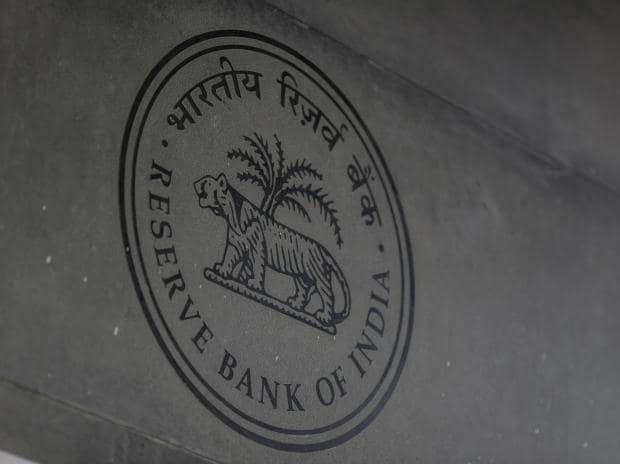The rise of trade barriers against China and other countries over the past year could cost the global economy $1.4 trillion, on top of the severe damage being done by the war in Ukraine, the head of the International Monetary Fund said.
“What I am hoping to see is some reversals in policy blocks towards China and globally,” Kristalina Georgieva told Bloomberg Television’s Stephen Engle in an interview in Bangkok on Saturday. “The world is going to lose 1.5% of gross domestic product just because of division that may split us into two trading blocs. This is $1.4 trillion.”
For Asia, the potential loss could be twice as bad, or more than 3% of GDP, because the region is more integrated into the global value chain, Georgieva said on the sidelines of the Asia-Pacific Economic Cooperation’s economic leaders gathering this week.
While that would constitute significant damage to the global economy, the biggest factor hurting global growth remains the war in Ukraine, Georgieva said. “The single most damaging factor for the world economy is the war,” she said. “The sooner the war ends, the better.”
The IMF has also cautioned that inflation is hitting developing countries hardest, urging central bankers to keep up their fight to damp price growth and bring some relief, especially in food costs. Dollar appreciation in double-digits so far this year is continuing to cause headaches across emerging markets as investors flock to safe havens amid signs that much of the global economy could be headed toward recession.
Georgieva said that Asian countries must work together to overcome fragmentation in order to sustain growth, especially in the light of the multitude of other economic shocks from Covid-19, the war in Ukraine and the rising cost of living.
‘Throwing Gasoline’
“If we add on top of it the fragmentation in the world’s economy, it will be throwing gasoline on a fire,” she said. “Nobody will benefit from it.”
Still, she said nations in Asia are much better equipped to face economic shocks thanks to significant reserves and cooperation within the region.
On the rising risk of sovereign debt in developing countries, Georgieva said the IMF is “not yet alarmed but alert.” About 25% of emerging markets trade in distressed territory, while 60% of low-income countries are at or near debt distress. She encouraged nations strained by the rising cost of servicing dollar-denominated debt and the global economic environment to act preemptively and seek help early from the fund.
Bangladesh was the latest economy to reach a staff-level agreement with the IMF amid dwindling foreign reserves, securing a $4.5 billion loan earlier this month that’s subject to IMF management and board approval in the coming weeks.
The IMF’s research department earlier this week cast its outlook in a starker tone compared to last month, saying in a blog post that the difficulties are “immense.” The fund last month cut its forecast for global growth next year to 2.7%, far below the 3.8% it was predicting in January. It sees a 25% probability that growth will be less than 2%.
IMF calculations show that about one-third of the world economy will have at least two consecutive quarters of contraction this year and next, and that the lost output through 2026 will be $4 trillion.
Georgieva pointed to the particular difficulties facing the European Union because of the war in Ukraine, which could put pressure on the region’s central banks to reverse efforts to tackle inflation too soon.
“In Europe, the situation is more difficult as the impact of war in Ukraine is significant,” she said. “Half of the EU at least may be in recession next year.”
Note:- (Not all news on the site expresses the point of view of the site, but we transmit this news automatically and translate it through programmatic technology on the site and not from a human editor. The content is auto-generated from a syndicated feed.))



هتل الکسوس قبرس
Hi my family member! I want to say that this article is amazing, great
written and include almost all vital infos. I would like to peer more posts like this .
Feel free to visit my page: ร่ำรวย slot